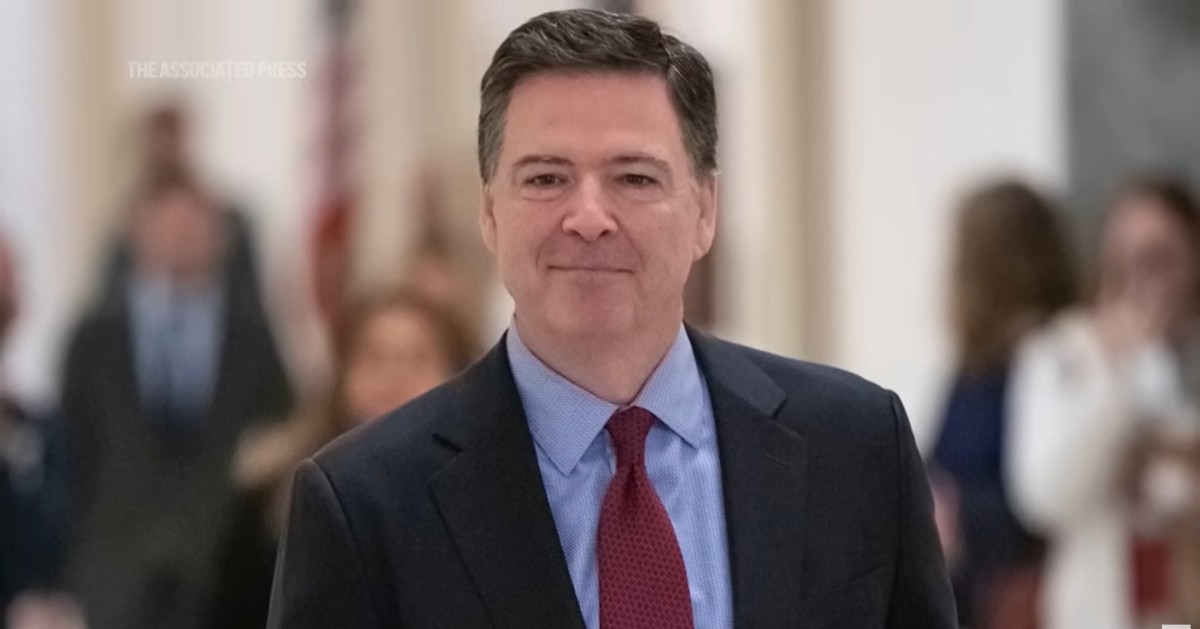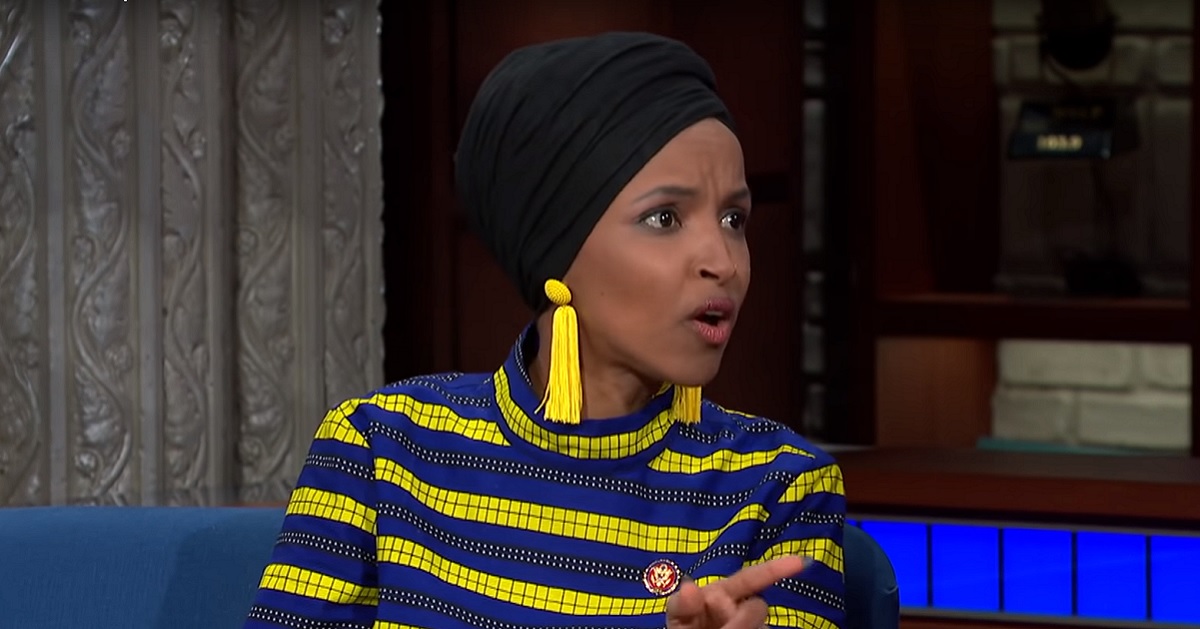Trump free to attend convention as New York sentencing date pushed back
Former President Donald Trump was set to face sentencing in a New York City courtroom on July 11 for 34 counts of falsifying business records.
Yet thanks to a recent Supreme Court decision, Trump's lawyers were able to get the sentencing date overturned.
Defense cites Supreme Court ruling on presidential immunity
According to NBC News, the Trump defense team sent a letter to Judge Juan Merchan on the same day that America's highest judicial body ruled on presidential immunity.
The defense attorneys maintained that the ruling provides grounds for dismissal of Trump's conviction and asked that their client's sentencing date be postponed to facilitate a hearing.
NBC News observed that Manhattan District Attorney Alvin Bragg responded to the request by announcing that his office would not oppose it.
NEW - The Manhattan DA’s office said Tuesday it would not oppose Trump’s request to file a motion arguing his conviction should be tossed, a move that will almost certainly delay Trump’s sentencing, which is currently set for July 11. Reporting w/ @AaronKatersky & @PCCharalambous pic.twitter.com/z6VzU8L2ug
— Katherine Faulders (@KFaulders) July 2, 2024
However, the prosecutor did express confidence that Trump's conviction will be upheld and denounced arguments to the contrary as being "without merit."
Trump will be free to attend convention
Merchan ultimately announced that the former president is to be sentenced on September 18, with NBC News pointing out that this ensures Trump will be free to attend the Republican National Convention, which begins on July 15 in Milwaukee.
NBC News stressed that Trump could be punished with probation, prison time, or a fine, with legal experts being divided over which outcome is most likely.
Although two figures told the network that it is unlikely Trump will be incarcerated given his age and lack of criminal record, a third said it is "substantially" likely that Merchan will put the former president behind bars.
Meanwhile, the judge also promised to issue a decision regarding Trump's immunity claim on September 6 after study's the Supreme Court ruling from earlier this month.
Supreme Court distinguishes between official and unofficial acts
In writing for the majority, Chief Justice John Roberts declared that "Presidential power requires that a former President have some immunity from criminal prosecution for official acts during his tenure in office."
Roberts said that the immunity enjoyed by a president when he is exercising his "core constitutional powers" is absolute.
However, the chief justice then went on to address official actions which do not fall within the president's exclusive authority as well as unofficial acts.
He explained that actions which are official but outside of a president's core constitutional duties are presumptively immune from prosecution whereas unofficial acts enjoy no immunity.





